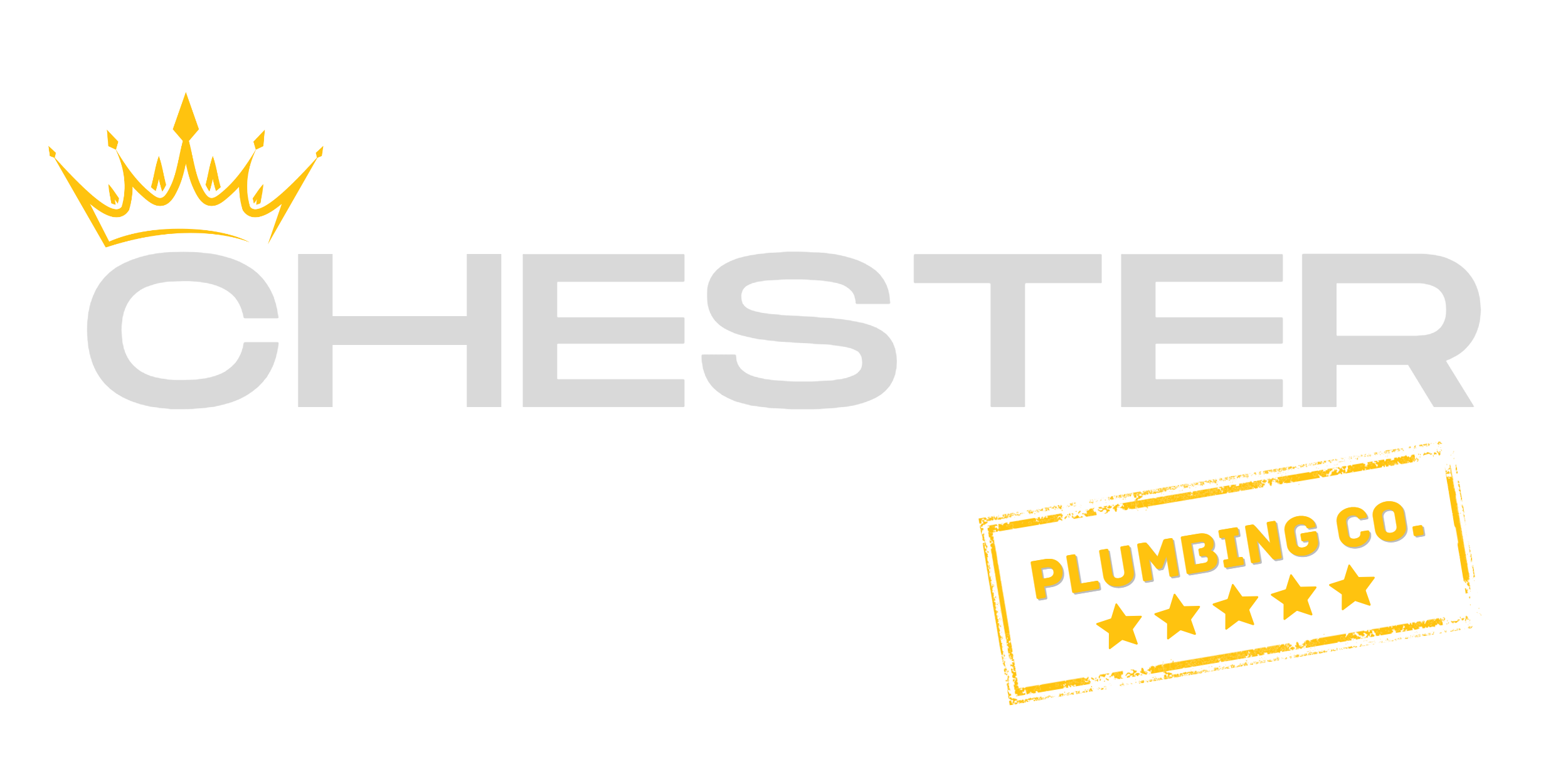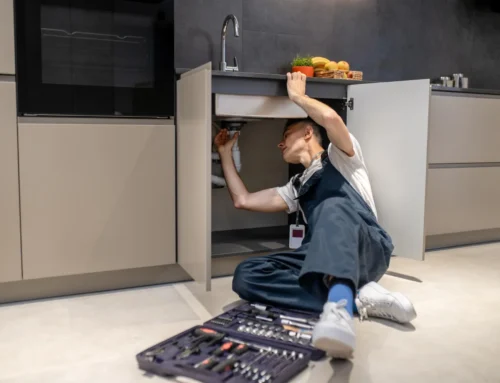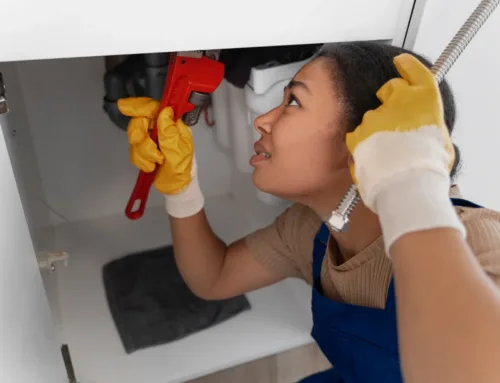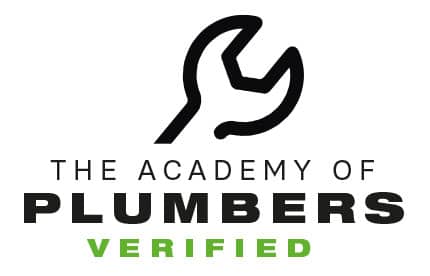Drainage systems are one of the most important aspects of any home or commercial property. When functioning properly, they keep water flowing smoothly, protect buildings from water damage, and ensure hygiene. However, when drains become blocked, slow, or damaged, they can quickly create a crisis situation. For residents and businesses in Holland Park, the need for Emergency Drain Cleaning often arises suddenly and can cause significant inconvenience.
In this article, we will explore the most common causes of drain emergencies, explain why they occur, and provide practical insights on prevention. Whether you are a homeowner, tenant, or property manager in Holland Park, understanding these causes can help you prepare for unexpected issues and take action before they escalate.
1. Buildup of Grease, Oil, and Food Waste
One of the primary causes of Emergency Drain Cleaning is the accumulation of cooking waste. Grease, oils, and fats poured down kitchen sinks harden as they cool, forming sticky blockages along the drain walls. Over time, these substances trap food particles, soap, and other debris, reducing water flow and creating clogs.
In Holland Park, where many homes have older plumbing systems, the impact can be worse. A small blockage may remain unnoticed for weeks until it completely obstructs the pipe, requiring urgent cleaning to restore function.
Tip for Prevention: Always dispose of cooking fats in a dedicated container instead of pouring them into the sink.
2. Hair and Soap Scum in Bathroom Drains
Bathrooms are another common source of drainage issues. Hair naturally sheds during showering and easily combines with soap residue to form tough, sticky clumps. These clumps can block shower, bath, or sink drains, leading to slow water drainage and eventually complete blockages.
When ignored, these blockages often worsen suddenly, forcing residents to call for Emergency Drain Cleaning. In densely populated areas like Holland Park, where water usage is high, such issues are more frequent.
3. Foreign Objects Accidentally Flushed
Toilets are designed to handle human waste and toilet paper only. Unfortunately, items such as wipes, cotton pads, nappies, and even children’s toys are often flushed down accidentally. Unlike toilet paper, these objects do not dissolve easily and can cause severe blockages deep within the pipes.
Once lodged, these blockages restrict water flow, create backups, and sometimes cause flooding in bathrooms. In these situations, Emergency Drain Cleaning becomes essential to prevent water damage and restore sanitation.
4. Tree Root Infiltration
Holland Park has many trees lining its streets and neighbouring properties. While trees enhance curb appeal, their roots can damage underground drains. Roots naturally seek moisture and can penetrate tiny cracks or joints in pipes. Once inside, they expand, forming dense blockages and sometimes breaking pipes further.
Because of this, issues stemming from root infiltration often need advanced tools and professional Emergency Drain Cleaning to fully resolve.
5. Old and Deteriorating Pipes
Many properties in Holland Park are older, and their drainage infrastructure may be ageing. Pipes made of materials like clay, cast iron, or older plastics deteriorate over time—cracks form, joints loosen, and material becomes brittle.
Often, deterioration is not visible until a complete failure leads to backups or leaks. When that happens, Emergency Drain Cleaning is typically needed, followed by pipe repair or replacement.
6. Heavy Rainfall and Stormwater Overload
Australia’s weather can bring intense rainfall events. Stormwater drains may become overwhelmed during heavy storms, especially when surface drains, gutters, and grates are blocked by leaves, debris, or silt.
In such cases, stormwater cannot flow away efficiently, causing pooling and flooding around properties. Emergency drain blockage or backup during or after storms often requires Emergency Drain Cleaning to restore flows.
7. Construction Debris and Improper Disposal
Buildings under renovation or new construction may generate debris like cement, plaster, sand, paint residue, or sludge. If these materials go down sinks, toilets, or stormwater drains improperly, they can harden or settle, creating stubborn blockages.
Because such debris often bonds to pipe walls or traps other material, standard cleaning may not suffice, and professional Emergency Drain Cleaning services with specialised equipment are required.
8. Misuse of Garbage Disposals
Garbage disposals are helpful, but many items should never be put into them. Things like bones, fibrous vegetables (celery, corn husks), coffee grounds, eggshells, and grease can damage the unit or clog downstream pipes.
When misuse leads to a blockage that the disposal can’t handle, the sink backs up, and Emergency Drain Cleaning becomes necessary.
9. Pest or Rodent Damage
Rodents and other pests sometimes chew through pipes or take advantage of weak joints. Once the structural integrity of a pipe is compromised, debris and other blockages can lodge in damaged areas.
In more severe cases, this can result in leaks or backups, requiring both Emergency Drain Cleaning and pipe repair.
10. Lack of Regular Maintenance and Inspections
Perhaps the most preventable cause of emergency drain issues is neglect. Without regular inspections, minor blockages, pipe shifts, or early pest damage remain unseen until they lead to crises.
Routine maintenance—like flushing, checking runoff flow, clearing visible blockages, and professional inspections—helps stop small issues from turning into the need for Emergency Drain Cleaning.
Legal & Regulatory Context in Queensland
To help reduce the risk of drain emergencies, Queensland has regulations and codes that guide plumbing, drainage, and wastewater work. For example, the Plumbing and Drainage Laws and Codes in Queensland cover responsibilities for householders, local governments, and licensed plumbers and drainers. These laws aim to protect public health, safety, and the environment.
Homeowners should be aware that doing plumbing or drainage work without proper licensing or without complying with the Queensland Plumbing and Wastewater Code can result in penalties.
Preventing Future Drain Emergencies in Holland Park
Drain emergencies in Holland Park often stem from causes that are predictable and avoidable. Whether it’s grease buildup, foreign objects, tree roots, or aging pipes, many issues become emergencies when early warning signs are ignored. Maintaining drains, following local regulations, and using best practices in disposal can greatly reduce the frequency of needing Emergency Drain Cleaning.
It is also worth noting that drain systems in older suburbs like Holland Park may require more frequent checks due to ageing infrastructure. Simple habits, such as not flushing wipes or pouring fats into sinks, can prevent many common blockages. Regular professional inspections provide peace of mind and ensure small issues don’t turn into major disruptions. By staying proactive, residents can save both time and money while protecting their homes from unexpected emergencies.
FAQs on Emergency Drain Cleaning in Holland Park
-
What early signs indicate I might need emergency drain cleaning?
Slow drainage, gurgling sounds from drains, water backing up when using sinks or showers, and bad odours are common early signs.
-
How often should drains be professionally inspected in Holland Park?
Every 12–24 months is recommended, especially in older homes or post-storm seasons.
-
Are chemical drain cleaners safe or effective?
They may help with minor clogs but are often ineffective against serious blockages and can damage pipes, especially if used frequently.








